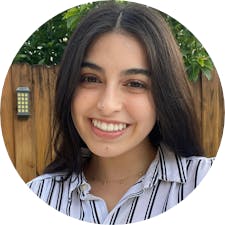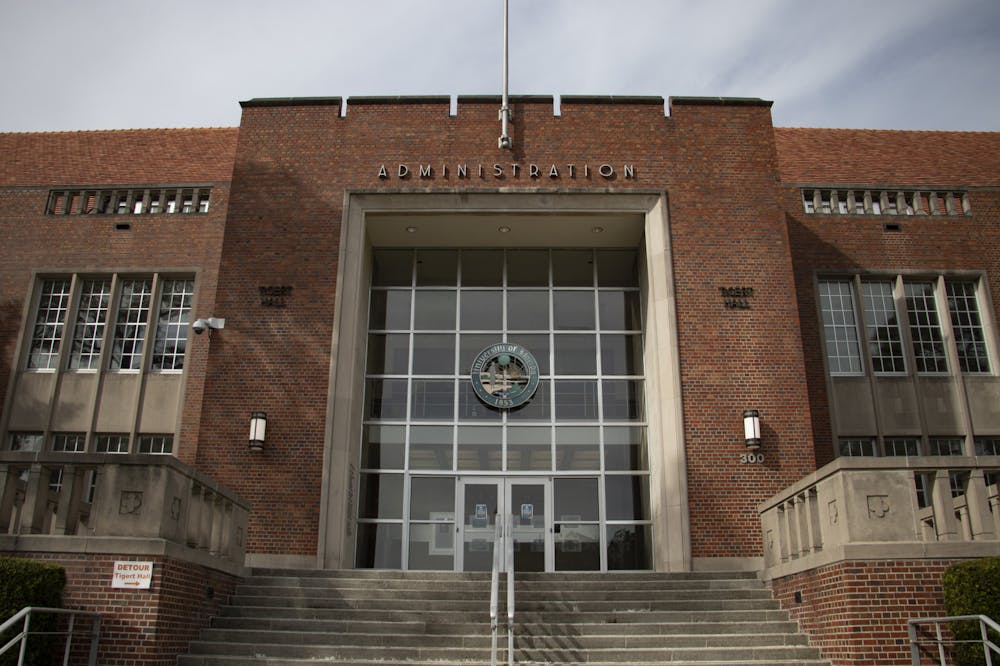The President’s Task Force on Outside Activities created a plan for the next 20 days in a meeting Tuesday, which lasted 48 minutes.
The task force was appointed by President Kent Fuchs and Provost Joe Glover to investigate UF’s written policies on disclosure of outside activities and conflict of interest. The university’s policies came under scrutiny after they were used to bar professors from testifying against the state of Florida.
Glover said Fuchs wants the task force to address the issues of expert witness testimonies serving as an expert voice, as well as provide preliminary recommendations by Nov. 29.
“[Fuchs] feels that this is one of the issues that is most pressing, and so he would like the task force to focus its attention initially on this particular issue,” he said.
With Glover as the Chair, the task force consists of three faculty members, Katie Vogel Anderson, John Kraft and Clay Calvert; two deans, Hub Brown and Laura Rosenbury; and one staff member, Terra DuBois.
Along with all members of the task force, Gary Wimsett, the assistant vice president for conflict of interest, was also present for the first meeting. He was invited by Glover to answer any questions about the university’s conflict of interest process or policies.
During the meeting, Glover reviewed Fuchs’ demands and deadline to the task force. However, he said the task force should determine its own agenda.
Glover introduced a working agenda he drafted containing suggested questions the task force should address in the next few weeks.
Some of the questions listed on the working agenda ask about ways to improve the review process for outside activities for professors and the university’s policy to reflect commitment to academic freedom. It also questioned any exceptions to granting most professors’ requests to serve as expert witnesses and who gets to decide those exceptions.
Considering all inputs and suggestions, the task force agreed to divide the work into two phases in order to present their recommendations to Fuchs by the deadline.
It would first address the issues with expert witness and litigation, which Levin College of Law Dean Laura Rosenbury and UF law and journalism and communications professor Clay Calvert would be in charge of organizing. Then it would address the processes, who makes the decision, how the decision gets communicated transparently.
The task force also agreed to invite someone who can address the medical context for situations where a UF medic or doctor is needed to deliver expert testimony against another doctor or the state.
It also agreed to try to meet either about three times a week or hold seven meetings before Nov. 29.
As a member of the task force, Calvert said they should go beyond just looking at expert testimony, but also media commentary, or anytime a professor is acting as a private citizen and speaking out on a matter of public concern.
“We need to address that more broadly than simply expert testimony because I think those issues lie fairly close behind or closely tied to these,” Calvert said.
But, Wimsett said that would be considered as an inside activity by the university’s policy as it is what professors do in the scope of their employment. Either way, it wouldn’t be subjected to disclosure or any institutional approval, he said.
Terra DuBois, UF chief compliance, ethics and privacy officer, also emphasized setting procedures that can thoroughly analyze and address the scope of the issues with full transparency.
Members of the task force agreed they need to consider an effective plan soon given the 20-day period they have to present their recommendations. However, they also expressed the need to consider not only the legal precautions, but the morals of the institution as a whole.
“Yes, we have to make sure we’re respecting everyone’s first amendment rights, but this is less about what a court would do and more about who we want to be as a university,” a task force member said. “I think that question should be guiding our analysis.”
Contact Camila Pereira at cpereira@alligator.org. Follow her on Twitter @CamilaSaPereira.

Camila is a third-year journalism student and the administration reporter on the university desk. When she is not reporting for The Alligator, Camila is always listening to music and probably drinking honey milk tea.





